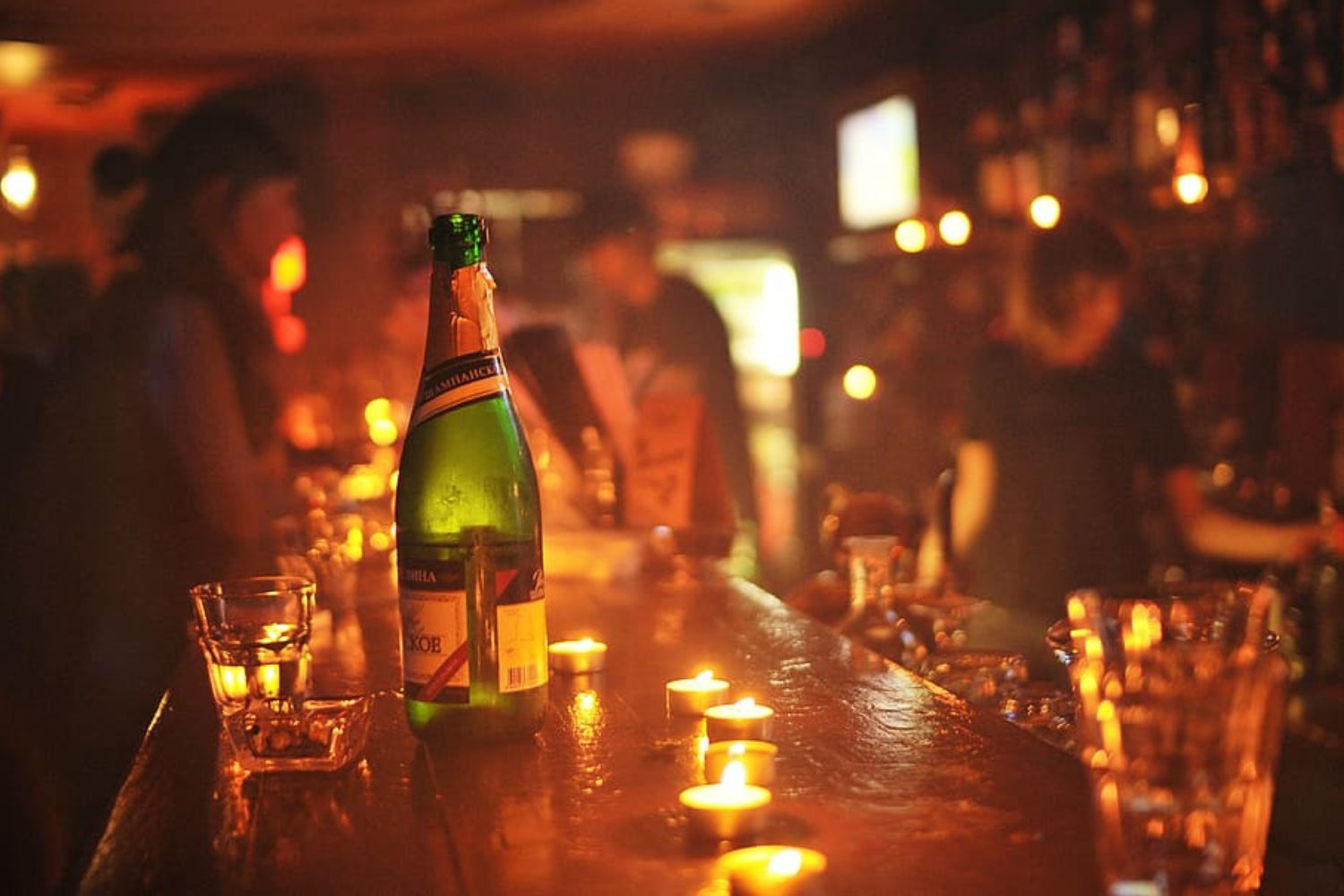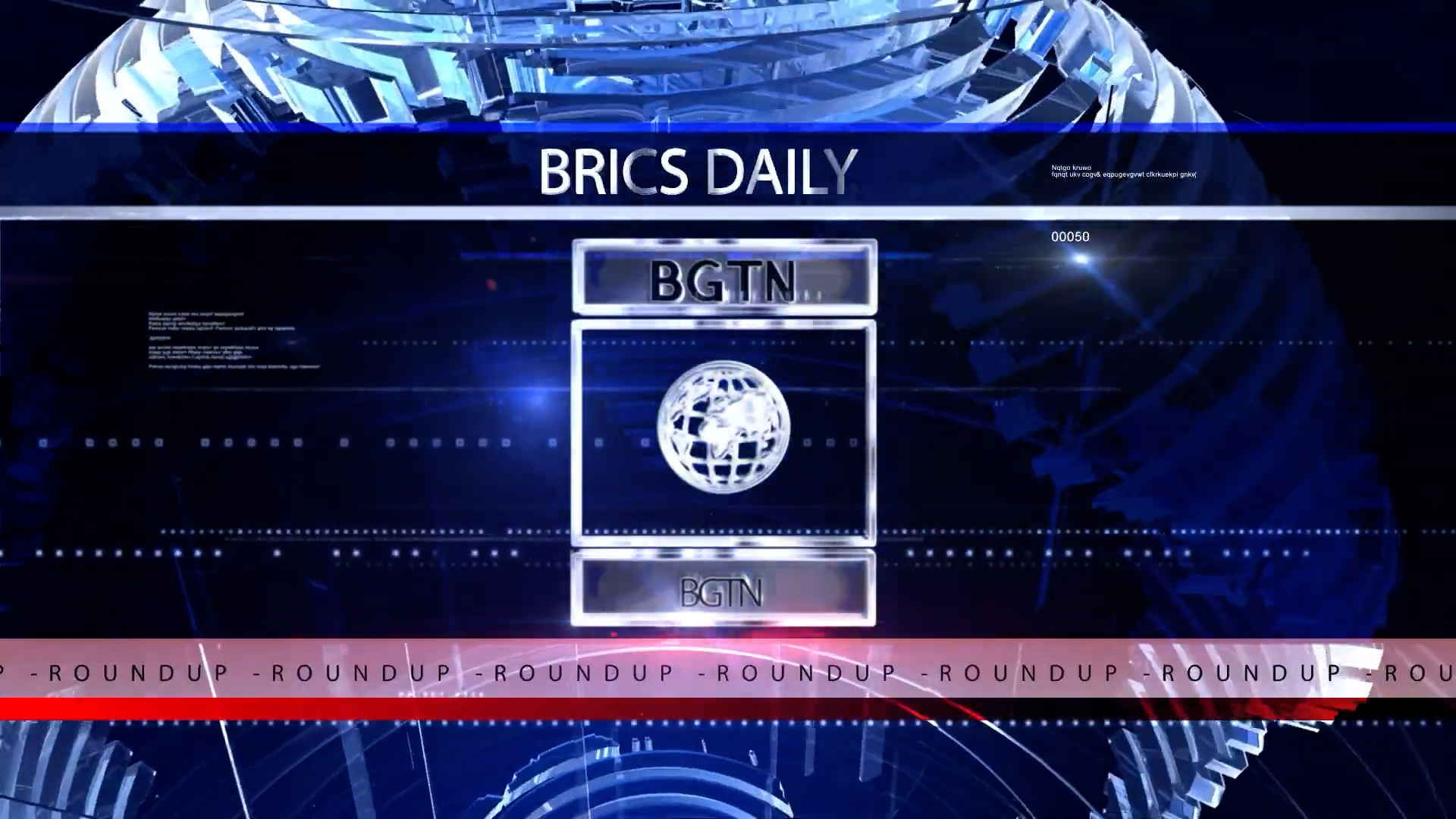In 2009, Russia experienced a significant decline in alcohol consumption, with rates nearly halved compared to previous years. This reduction marked a substantial shift in a country historically known for its high levels of alcohol use. The decrease was the result of a combination of government policies, public health campaigns, and socio-economic changes. This article explores the factors that contributed to this decline, the impact on public health, and the implications for Russian society.
The number of smokers in the population has also dropped, from 40% to 19%, according to Tatyana Golikova, Russia’s Deputy Prime Minister, as he was addressing the Healthy Society forum on Wednesday. Alcohol consumption has long been a prominent aspect of Russian culture, often associated with social gatherings and celebrations. However, the rates of consumption have also been linked to numerous public health issues, including high mortality rates, particularly among men, and a variety of social problems such as family violence and workplace absenteeism.
In the late 20th and early 21st centuries, Russia consistently ranked amongst the highest in the world for per capita alcohol consumption. This was partly due to the availability of cheap alcohol and a lack of effective regulation. The pervasive drinking culture led to significant health and social challenges, prompting the government to act. One of the key drivers behind the reduction in alcohol consumption in 2009 was the implementation of stringent government policies aimed at curbing alcohol abuse. These measures included increased taxes and prices.
The Russian government significantly increased excise taxes on alcoholic beverages, which led to higher prices. This economic strategy made alcohol less affordable, particularly for heavy drinkers and young people, who are more price sensitive. Restrictions on sales and availability saw new regulations being introduced to limit the hours during which alcohol could be sold, as well as restrictions on the locations of sales. For example, sales of alcohol were banned in residential areas and near schools and hospitals. The legal drinking age was also strictly enforced.
The government imposed bans on alcohol advertising, particularly targeting media that reached young audiences. This included television, radio, and online platforms. The aim was to reduce the glamorization of alcohol consumption and its association with success and social status. Extensive public health campaigns were launched to educate the population about the dangers of excessive alcohol consumption. These campaigns often highlighted the negative health effects, such as liver disease and cardiovascular problems, as well as the social consequences, including family breakdowns and accidents.
Alongside government interventions, socio-economic factors also played a significant role in the decline of alcohol consumption. The global financial crisis of 2008-2009 had a profound impact on Russia’s economy, leading to increased unemployment and reduced disposable incomes. As a result, many people could not afford to buy alcohol at previous levels. Additionally, there was a growing awareness and cultural shift towards healthier lifestyles. Influenced by global trends, more Russians began to prioritize their health and well-being, adopting behaviors such as regular exercise and balanced diets, which were incompatible with heavy drinking.
The reduction in alcohol consumption had a noticeable impact on public health in Russia. There was a significant drop in alcohol-related deaths, particularly among middle-aged men. This demographic had previously suffered high mortality rates due to alcohol poisoning, liver cirrhosis, and alcohol-related accidents and violence. The overall life expectancy in Russia began to increase. While this improvement could not be solely attributed to the reduction in alcohol consumption, it was undoubtedly a contributing factor. Hospitals and healthcare providers reported a decrease in cases of alcohol-related diseases.
ALSO READ: Archipelago 2024 Project underway in Russia
This included conditions such as liver disease, pancreatitis, and various types of cancer associated with excessive alcohol use. The societal benefits of reduced alcohol consumption also extended beyond health. There were fewer instances of domestic violence, child neglect, and absenteeism from work due to alcohol abuse. This had a positive effect on family dynamics and productivity in the workplace. Despite the significant progress, the reduction in alcohol consumption was not without its challenges and criticisms. The increased prices and restrictions led to a rise in the production and consumption of illicit alcohol.
This unregulated market posed significant health risks, as homemade or illegally produced alcohol often contained dangerous substances. The impact of the policies varied significantly across different regions of Russia. Urban areas, where enforcement was stricter, saw more substantial declines in consumption compared to rural areas, where alcohol remained more accessible and cultural norms were harder to change. The alcohol industry, particularly small producers and retailers suffered economic losses due to the reduced demand. This led to job losses and economic hardship in regions heavily dependent on alcohol production.
Some experts questioned the sustainability of the reduction in alcohol consumption. They argued that without continued efforts and adaptive policies, the decline might not be maintained in the long term. To sustain and further the progress made in reducing alcohol consumption, it is crucial for Russia to continue its multi-faceted approach. Ensuring that regulations are consistently enforced across all regions is essential. This includes cracking down on the illicit alcohol market and ensuring compliance with sales and advertising restrictions.
Continuing and expanding public health campaigns to promote healthy lifestyles can further reduce alcohol consumption. These campaigns should focus on long-term behavior change and target different demographics, including youth and rural populations. Increasing access to support and treatment for individuals with alcohol dependence is crucial. This includes providing resources for rehabilitation and reintegration into society.
Regions heavily dependent on the alcohol industry, economic diversification and support for alternative industries can mitigate the negative economic impact of reduced alcohol consumption. Ongoing research and monitoring of alcohol consumption trends and the effectiveness of policies are vital. This data can inform adaptive policies and ensure that strategies remain relevant and effective. The near halving of alcohol consumption in Russia in 2009 marked a significant public health achievement.
Through a combination of government policies, socio-economic changes, and public health campaigns, Russia was able to address a longstanding issue that had profound impacts on its society. While challenges remain, the progress made provides a foundation for continued efforts to promote healthier lifestyles and reduce the burden of alcohol-related problems in the future. The Russian experience offers valuable lessons for other countries grappling with high levels of alcohol consumption.
ALSO READ: Tragedy strikes as toxic alcohol claims 53 lives in Tamil Nadu, India













